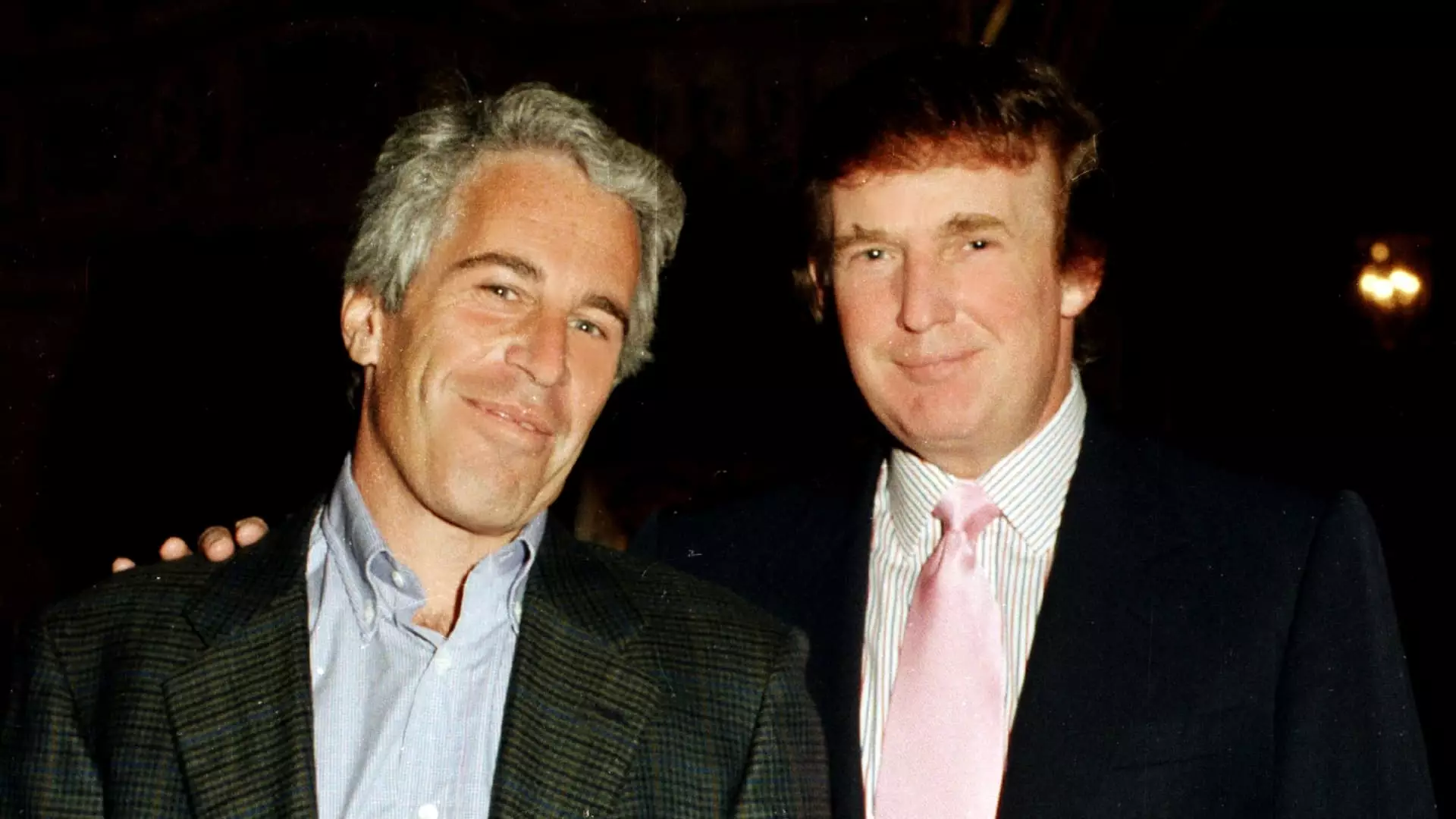In recent days, the controversy surrounding the unsealing of Jeffrey Epstein’s vast trove of documents has laid bare unsettling questions about transparency and accountability. While the government claims to have already conducted a thorough investigation into Epstein’s criminal activities, their refusal to unseal further grand jury materials suggests otherwise. This refusal not only feeds into a narrative of concealment but also erodes public trust in institutions meant to uphold justice. When powerful figures are shielded behind layers of classified or sealed documents, it fuels suspicion that the system is protecting the guilty at the expense of victims seeking acknowledgment and closure.
The government’s extensive collection—tens of thousands of pages—appears to overshadow the relatively meager amount of grand jury material they are willing to release. This disparity reveals a troubling tendency: when the pursuit of justice appears secondary to political agendas or legal expediency, it diminishes the credibility of that very process. Suppressing files under the guise of national security or limited investigation ultimately undermines the principle that justice should be transparent and accessible. Institutional opacity wields far more influence over societal trust than many are willing to admit, and this case exemplifies how secrecy protects power rather than accountability.
The Political Manipulation of Justice and Public Deception
The recent actions of the Trump administration, including requests to keep certain Epstein-related files sealed, are emblematic of a political calculus that prioritizes image preservation over truth. President Trump’s initial promises to declassify Epstein’s files now stand in stark contrast with the reality of government resistance. Critics rightly argue that this flip-flopping reveals an attempt to manipulate the narrative—appearing transparent to garner support, then retreating when uncomfortable truths threaten political interests.
This dynamic is dangerous because it fosters an environment where justice is contingent on political convenience. The administration’s argument that unsealing files would ignite unnecessary complications ignores the fundamental public right to know and the importance of historical record. When officials manipulate information, they grant themselves the power to shape narratives, often at the expense of victims and victims’ families. Such practices inhibit the crucial societal dialogue about abuse, power, and accountability—issues that are especially relevant given Epstein’s notorious history and the potential connections to prominent figures.
The Deeper Crisis: A Society in Denial
The resistance to unsealing Epstein’s files is symptomatic of a broader malaise: society’s reluctance to confront uncomfortable truths about abuse at the highest levels of power. Deliberate obfuscation, delays, and redactions serve as barriers to justice, allowing abuses to be perpetuated under the cover of uncertainty. This behavior allows a dangerous cycle to persist—victims are silenced, allegations are dismissed, and systemic issues remain unaddressed.
The institutional reluctance to fully confront Epstein’s case reveals a disturbing reluctance to hold influential figures accountable. When the government signals that some information is too sensitive to disclose, it inadvertently endorses a culture where privilege and secrecy shield wrongdoers. It’s imperative that we question whether these actions are driven solely by legal considerations or by a subconscious desire to protect the reputation of those in power. The erosion of transparency ultimately weakens democratic accountability and perpetuates societal inequalities rooted in the abuse of authority.
Empowering the Public Through Justice, Not Secrecy
In a truly democratic society, the principle that the truth must be accessible is paramount. Holding back information on Epstein not only hinders criminal justice but also discourages civic engagement and critical scrutiny of power structures. The public’s right to know should supersede political calculus, especially in cases involving systemic abuse and exploitation. The government’s failure to unseal files suggests an alarming reluctance to confront a past that continues to cast a shadow over our collective conscience.
The fight for transparency in this case exemplifies a larger struggle to keep institutions accountable and to ensure victims’ voices are honored. The decision to withhold substantial evidence raises questions about whether those with influence are above the law or merely immune from scrutiny. A society that values justice must resist the temptation to prioritize secrecy over truth, recognizing that accountability is the bedrock of democracy. Only through openness can we hope to dismantle entrenched power dynamics that allow abuse to flourish and to foster a future built on honesty and justice rather than lies and cover-ups.

